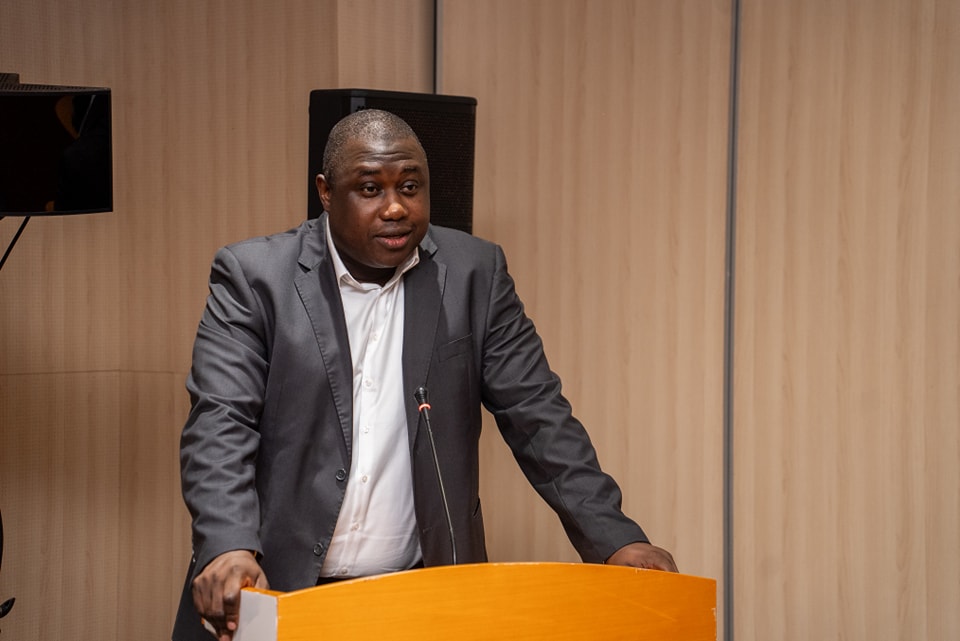Gambiaj.com – (Banjul, The Gambia) – Attorney General and Minister of Justice Dawda A. Jallow has shed light on the persistent delays plaguing The Gambia’s justice delivery system, citing structural inefficiencies, outdated practices, and procedural bottlenecks as key contributing factors.
Speaking on the matter at GRTS Mansakunda Town Hall, Jallow acknowledged the frustrations of those affected by the slow pace of justice but emphasized that efforts are underway to address the issue. “It is not our wish to delay the process, but efforts are being made to resolve this,” he said.
Among the factors causing delays is the multi-step process that criminal cases must navigate. “A case first goes through the police before it reaches my office,” Jallow explained. Additionally, scheduling conflicts—whether by state law officers or private lawyers managing multiple cases—can prolong proceedings.
Another significant hurdle lies in the judiciary’s reliance on manual processes. “The judiciary is still using pen and paper to record the entire proceedings. Imagine a judge writing everything by hand; how many proceedings can they cover in a day?” he remarked.
To tackle this, the Ministry of Justice is working on a digital transformation of the judiciary. Under the proposed system, courtroom proceedings will be recorded and transcribed into text, enabling magistrates and judges to focus on decision-making rather than administrative tasks. Jallow expressed optimism that this modernization will save both time and energy, streamlining the legal process and improving courtroom efficiency.
The ministry’s efforts go beyond addressing delays. As part of its commitment to transitional justice, it has spearheaded initiatives such as the Janneh Commission, the Constitutional Review Commission, and the Truth, Reconciliation, and Reparations Commission to address past human rights abuses. These initiatives aim to promote accountability and foster national reconciliation, which Jallow described as essential for building a more just and peaceful society.
In addition, the Ministry of Justice has adopted a strategic plan for 2023 to 2027, designed to guide its operations and enhance its capacity to serve the government and the public effectively. The plan aims to transform the ministry into a knowledge-based, service-oriented institution that empowers citizens to exercise their rights and access justice.
As The Gambia embarks on these reforms, Jallow underscored the importance of patience and collaboration, promising that the modernization efforts will significantly improve the nation’s legal system. For now, the delays remain a challenge, but the ongoing reforms offer hope for a more efficient and responsive judiciary.










